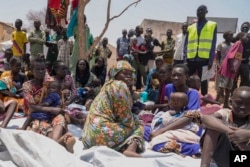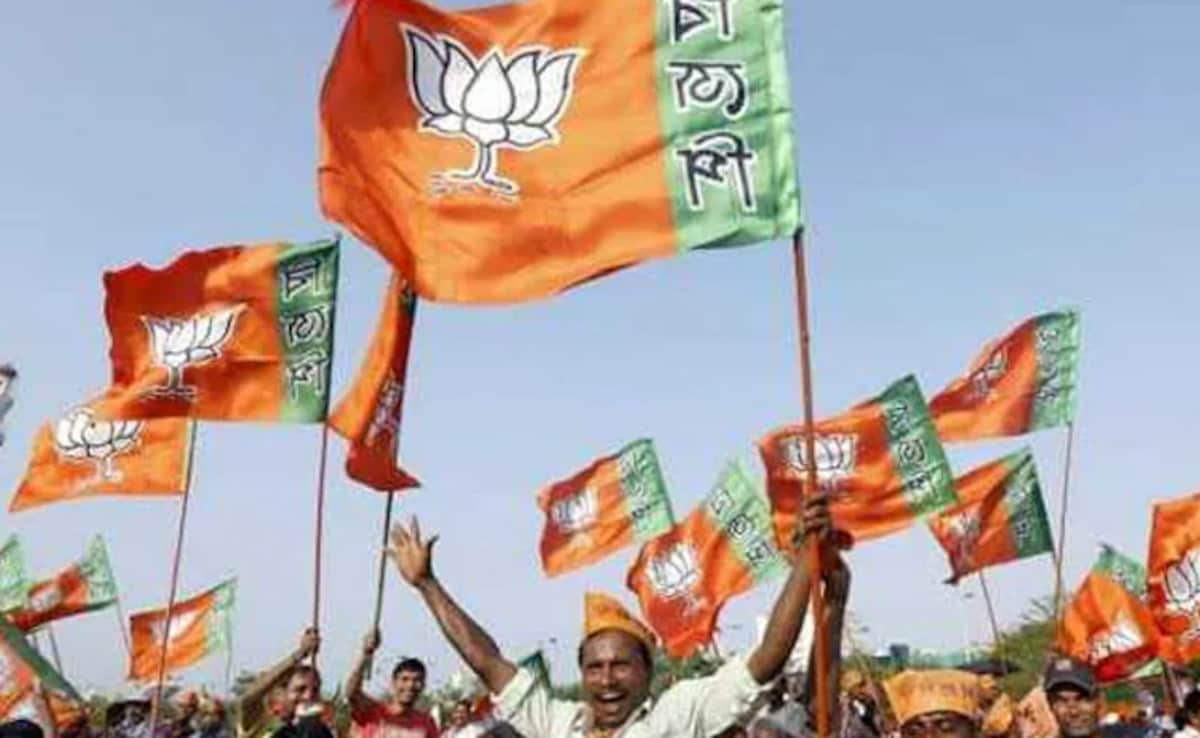UN investigators have warned that an alarming increase in violence and human rights abuses threatens prospects for lasting peace in South Sudan and threatens to hinder the holding of free and fair elections in December, the first time since the country gained independence from Sudan on July 9, 2011. of the first election.
Members of the United Nations Commission on Human Rights in South Sudan submitted their latest report to the United Nations Human Rights Council on Friday, expressing hope that the government will fulfill its commitments in the 2020 revitalized peace agreement.
The outlook is not promising. Council members agreed there is still much work to be done before elections are held later this year. While South Sudan’s political process is coming to an end, the committee noted that the drafting of a new permanent constitution has not yet begun.
Commission member Bani Afako told the council that deep-rooted impunity in South Sudan fuels armed conflict, repression, corruption and human rights violations, including sexual violence. He pointed out that this was simply not an environment in which free and fair elections could be held.
“Last April, we appointed senior officials responsible for serious crimes such as extrajudicial killings, torture, rape and sexual violence,” he said. All of them retained their positions, including Unity State Governor (Joseph Monytuil) and Koch County Commissioner (Gordon Koang). The two men enjoy impunity and continue to incite serious violence and violations. “
The commission’s report paints a grim picture of a society where killings of civilians, sexual and gender-based crimes and serious human rights violations are committed with impunity.
Children were recruited into the army, militias and armed cattle herders invaded and looted farmers’ land, and committed sexual violence and mass kidnappings against women and children, the report said.
The commission documented cases of young girls and women being abducted and used as sex slaves. Afako said many victims testified to regular beatings, persistent rape and death threats.
“The scale, severity and violence associated with kidnappings are worsening. These attacks are carefully planned,” he said. “Although authorities are often well aware of these acts, they claim they are powerless to stop them. Instead, authorities negotiate ransoms and encourage families to pay kidnappers. We believe this only spurs more kidnappings.”
He said impunity and the lack of justice, accountability and protective institutions were at the root of violence, “including targeted killings, repression, torture and sexual violence against women and girls”.
The Commission calls on the Government of South Sudan to urgently establish transitional justice institutions to allow the country’s political process to operate meaningfully and legally.
South Sudan’s Minister of Justice and Constitutional Affairs, Ruben Madol Arol, called the commission’s report regrettable. He said the report did not take into account actions taken by the government to enforce the renewable energy deal and improve national security.
He was outraged by the report’s depiction of widespread sexual and gender-based violence against women and girls in South Sudan, calling it “misleading and designed to damage the country’s image”.
Christian Salazar Volkman, Director of the Field Operations and Technical Cooperation Division of the Office of the High Commissioner for Human Rights, told the Security Council that the government had “made some concrete progress in preparations for institutional elections.”
He said that while there were some signs of opening up to civil society, they were not enough to “create the necessary enabling environment” for South Sudanese to fully exercise their democratic right to vote.
“Currently, the rights to freedom of opinion, expression, peaceful assembly and association remain severely restricted,” he said.
“Censorship, harassment, arbitrary arrests and detentions of journalists and dissident voices continue to exist in South Sudan. This hinders genuine public participation in the electoral process,” he said.
Attorney General Aroel did not take all this criticism lightly. He threatened to terminate the UN Human Rights Commission’s mission in South Sudan unless it accepted new conditions.
He said the commission must “share with the government evidence and names of individuals and entities accused of human rights violations”.
He said the commission must also agree to “monitor and report on human rights conditions” and let the government handle all investigations.
“If these positions are accepted, the government will accept an extension [the] The mandate of the committee is only for one year,” he said.
Ninety-five non-governmental and human rights organizations sent a letter to Security Council members and observer states early last week urging the Council to extend the committee’s mandate. They expressed concern about the human rights situation in South Sudan in light of the upcoming elections.
They noted that the key role of the Commission is that “it is the only mechanism responsible for collecting and preserving evidence of violations of international humanitarian and human rights law to ensure accountability”.
Follow us on Google news ,Twitter , and Join Whatsapp Group of thelocalreport.in

















